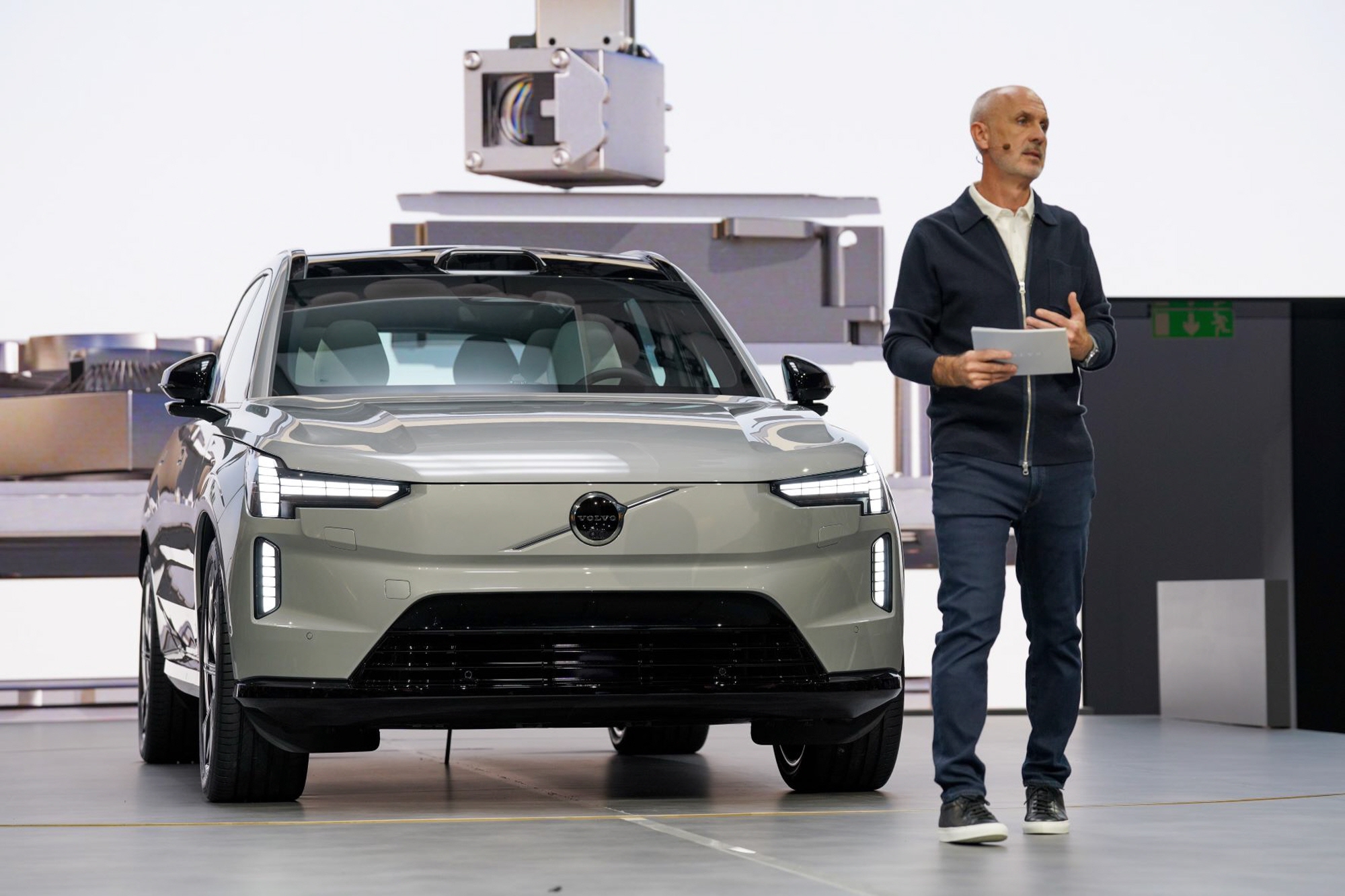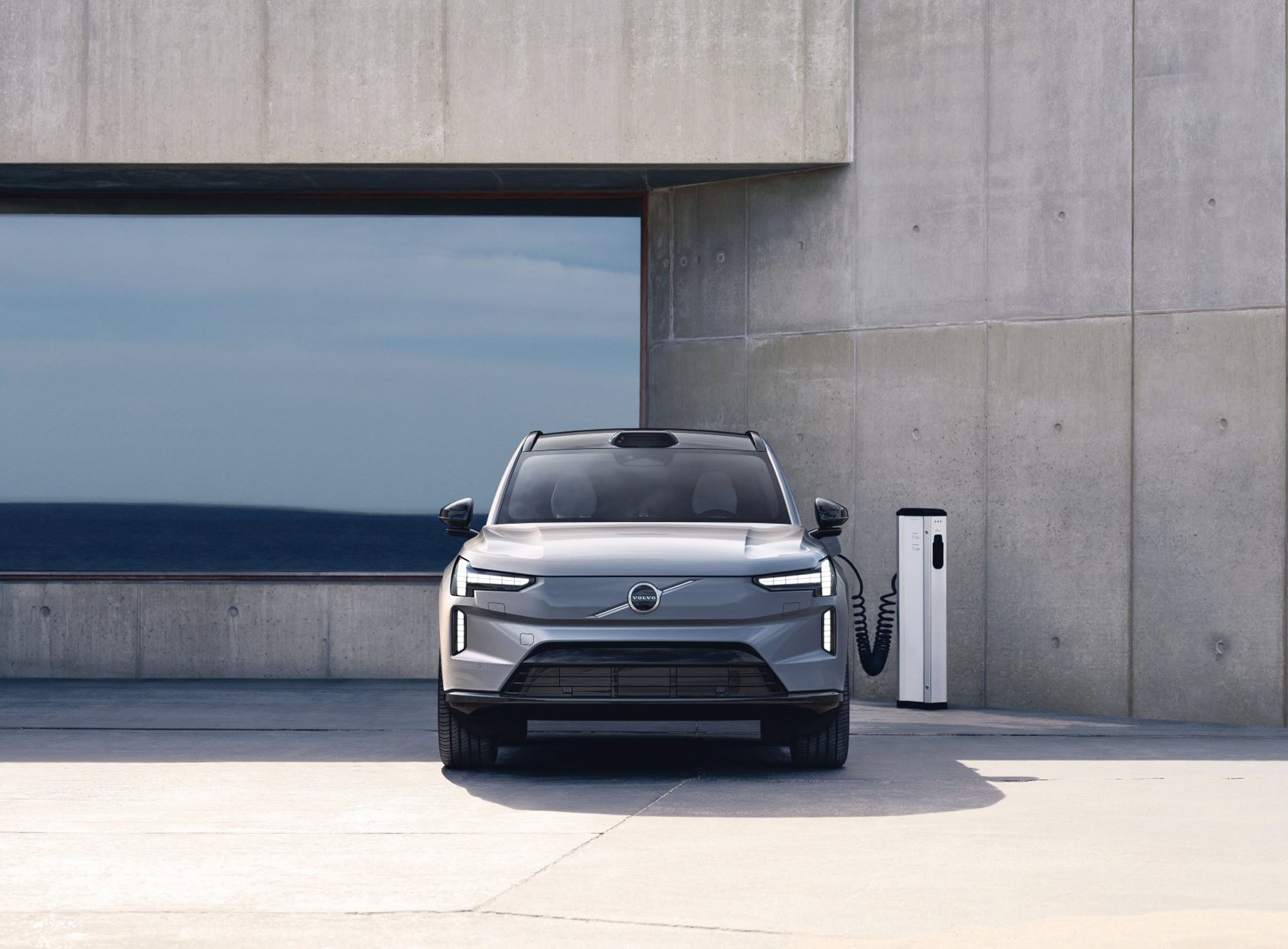
Volvo Cars has joined the “Alliance to Accelerate the Transition to Zero Greenhouse Gas Emissions” launched at this year’s UN Climate Change Conference (COP27) held in Sharm El Sheikh, Egypt.
During COP27, Volvo urged countries to strengthen their climate measures and respond to the threats of global warming.
The “Alliance to Accelerate the Transition to Zero Greenhouse Gas Emissions” consists of various stakeholders aiming to promote the shift to carbon-free mobility, based on the “Glasgow Declaration on Zero Emission Vehicles” announced at last year’s 26th UN Climate Change Conference. Countries that signed the Glasgow Declaration committed to ensure that by 2035, 100% of vehicle and van sales in major markets (Europe, China, Japan, and the United States) will be non-combustion engine vehicles, aiming for a global market level achievement by 2040.
This alliance was formed due to the need for an international platform for global ZEV (Zero Emission Vehicle) leadership. The alliance aims to contribute to creating favorable conditions for strengthening the market for non-combustion engine cars and vans, including electrification of corporate fleets and development of comprehensive charging infrastructure through close cooperation.
Volvo CEO Jim Rowan expressed his support for the establishment and cooperation of the alliance during COP27 and encouraged more manufacturers to sign the declaration and join the alliance.
This announcement came just a week after the launch of Volvo’s new flagship electric vehicle, the Volvo EX90, and Volvo plans to introduce a new electric vehicle each year moving forward.
Volvo has signed requests urging governments to set climate change goals and expand implementation efforts. This request was organized by the We Mean Business Coalition and included participation from over 200 companies and civil organizations.
Despite the commitment from several countries under the Glasgow Climate Agreement, only 29 out of 194 countries have executed such efforts since COP26. This request emphasizes that limiting global temperature rise to within 1.5 degrees is not merely a target but the planet’s fundamental limit, and urgent national-level climate action is globally necessary to avoid exceeding this limit.
Additionally, Volvo announced at a panel discussion hosted by the company through its Head of Global Sustainability, Anders Kalberg, that it supports the “Call on Carbon” initiative. Alongside Inter IKEA, H&M Group, SSAB, and others, this initiative calls for governments to implement effective policy frameworks for carbon pricing.
Anders Kalberg stated, “We recognize that carbon pricing can help address climate change. By announcing an internal carbon price of 1,000 SEK per ton of CO2 emissions at COP26, Volvo became the first car manufacturer to implement a global carbon pricing mechanism that encompasses emissions across the entire value chain.”
“By endorsing the ‘Call on Carbon,’ Volvo expresses its commitment to once again lead the entire automotive industry towards a more sustainable future. Urgent efforts must be made against the directional shift of fiscal policies to not exceed the 1.5-degree limit that the Earth can tolerate. This will provide investors with stability and just support for workers, farmers, families, and communities affected by global warming as they transition to electrification,” he added.
Meanwhile, Volvo aims to transition to a pure electric vehicle brand by 2030 and intends to influence the entire automotive industry to shift swiftly towards full electrification.

Lee Sang-jin daedusj@autodiary.kr

